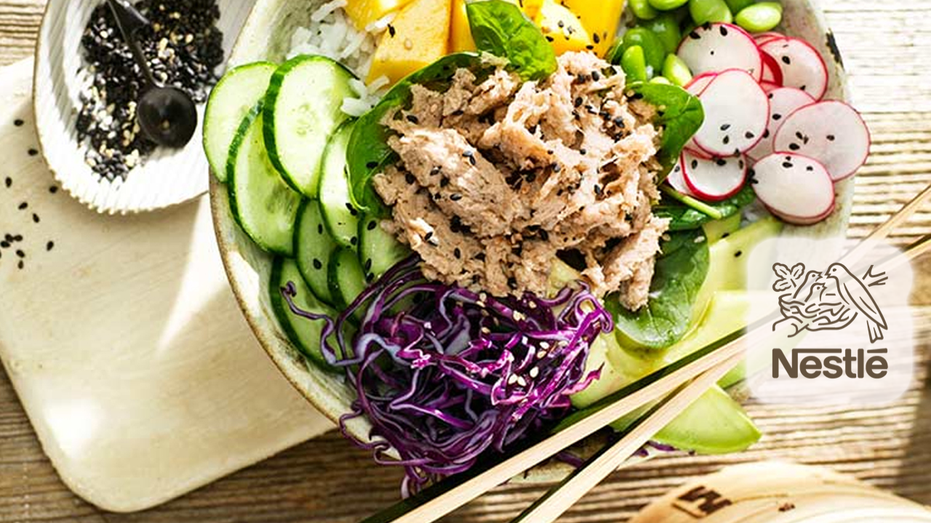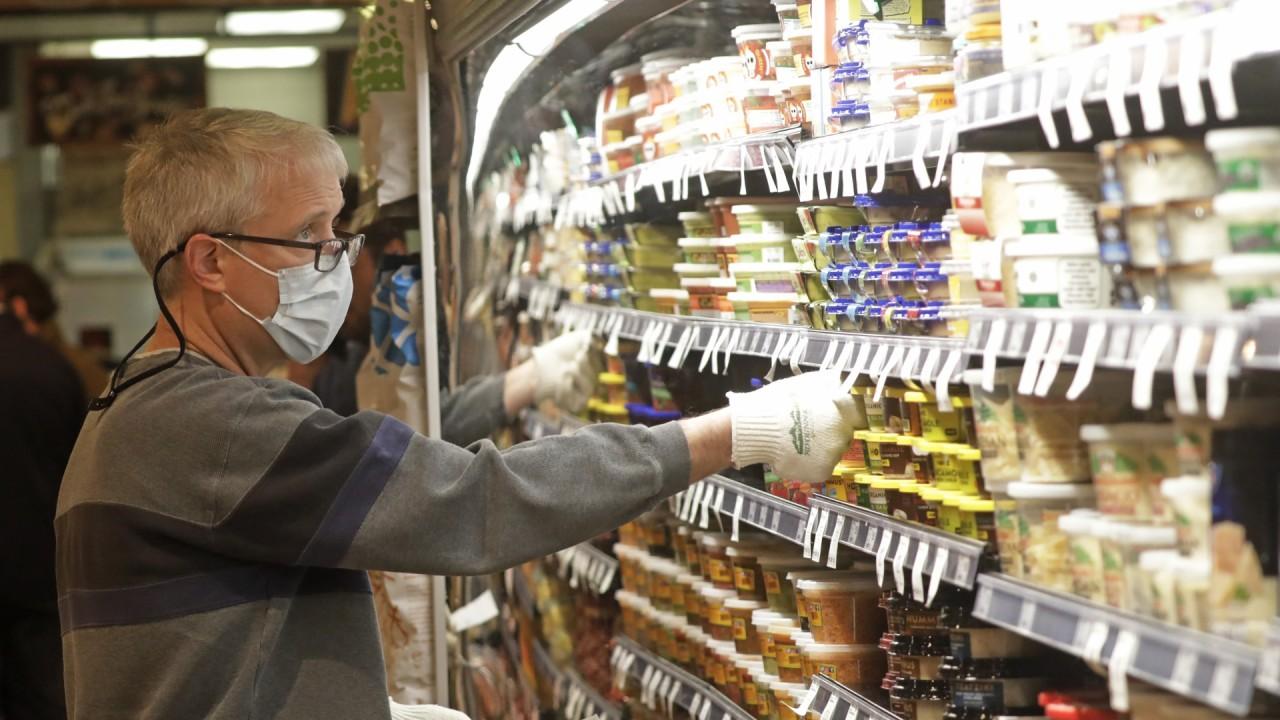Nestle launches plant-based tuna, dives into the alternative seafood market
It's made from 6 plant-based ingredients, including pea protein and wheat gluten, and contains amino acids
The alternative seafood market continues to make a splash.
Nestle, the world’s largest food company, announced on Thursday the launch of its plant-based tuna, becoming the latest company to dive into the growing seafood alternatives market.

Nestle will debut a plant-based tuna product. (Nestle).
BEYOND MEAT OF SUSHI HOOKS ONTO $13.7 BILLION PLANT-BASED MARKET
The fish-free tuna is made from six plant-based ingredients, including a pea protein and wheat gluten, and contains amino acids, the company said. The plant-based tuna will join Nestle’s portfolio of plant-based alternatives to burgers, meatballs, chicken nuggets and other items.
The alternative tuna products are made by Nestle Research in Switzerland and will be sold there under its Garden Gourmet label at the end of the month.
| Ticker | Security | Last | Change | Change % |
|---|---|---|---|---|
| NSRGY | NESTLÉ SA | 101.81 | +1.24 | +1.23% |
Nestle joins a number of startups launching more animal-free products in the plant-based seafood space. For instance, Good Catch sells a faux tuna version of albacore using legumes, beans and algae, in addition to plant-based crab cakes. And others have swum into sushi-grade alternative tuna territory. The brand Ocean Hugger says it has "the world's first plant-based alternative to raw tuna,” while San Francisco-based startup Kuleana rolled out a raw "tuna" with iron, algae oil and various proteins using a proprietary process said to recreate the taste and texture of raw fish.
GET FOX BUSINESS ON-THE-GO BY CLICKING HERE
With the rapid growth of alternative meat startups, like publicly traded Beyond Meat and rival Impossible Foods, there’s certainly a market for sustainable seafood, particularly in the COVID-19 era. Retail sales for plant-based foods in the U.S. have increased by 11% compared to last year, according to the latest data from the Plant-Based Foods Association and the nonprofit Good Food Institute.




















